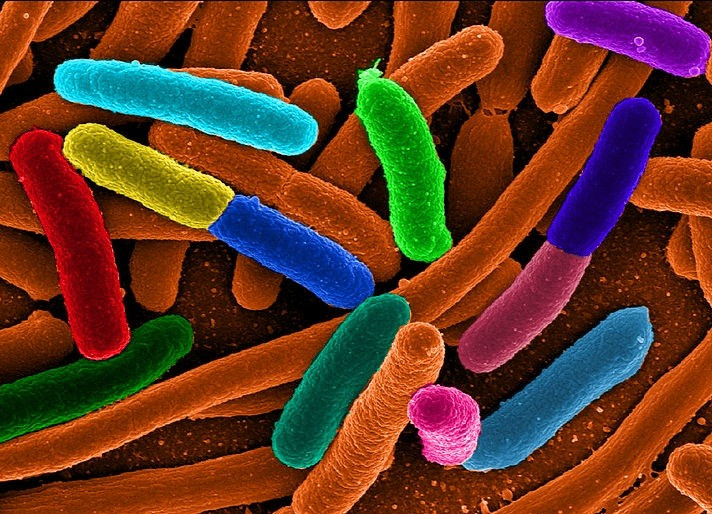Gene 'downloads' make every bacteria in a species unique

Bacteria are as unique as people and come with distinct capabilities, according to a new research from the University of York.
Professor Peter Young, who led the study, likens bacteria to "smartphones which come out of the factory with standard hardware and operating system (core genome), but gain a unique combination of capabilities through apps (accessory genes) downloaded through the internet (by horizontal gene transfer)".
The team extracted 72 separate strains of the Rhizobium leguminosarum bacteria from plant roots and determined the DNA sequence of the genome of each strain.
The research, published in Open Biology, shows that each of those 72 strains has different genes and is capable of growing on different food sources.
This particular bacterium acts as a natural fertilizer factory that extract nitrogen from the air and make it available to peas, beans, clover and their wild relatives.
Unlike human reproduction where offspring inherit half the genes from each parents, bacteria reproduce by binary fission, result in two identical copies.
However, by passing packages of genes from one cell to another in a process called horizontal gene transfer, every copy turns unique.
"We can think of the bacterial genome as having two parts," says Professor Young. "The core genome does the basic housekeeping and is much the same in all members of the species, while the accessory genome has packages of genes that are not essential to the operation of the cell, but can be very useful in coping with aspects of the real world."
There are believed to be around 100,000 species of bacteria on the planet, with some uncertainty remaining.
But there no one doubt that bacteria are ubiquitous on the planet, and beneath. Scientific estimates suggest that if you took all the bacteria out of the Earth's interior and dumped it on the surface, it would cover the planet to a depth of five feet.
They are everywhere, with the human body made of ten quadrillion cells alone containing 100 quadrillion bacteria cells. As Bill Bryson sums it in his amazing book, A short history of nearly everything, "Bacteria may not build cities or have interesting social lives, but they will be here when the Sun explodes. This is their planet, and we are on it only because they allow us to be."
© Copyright IBTimes 2025. All rights reserved.





















